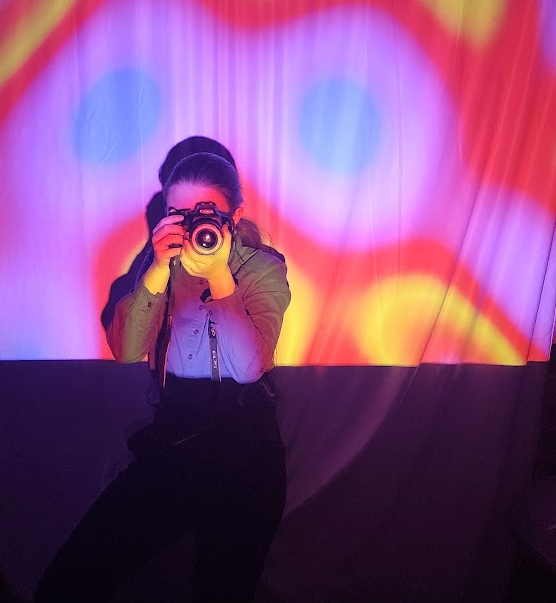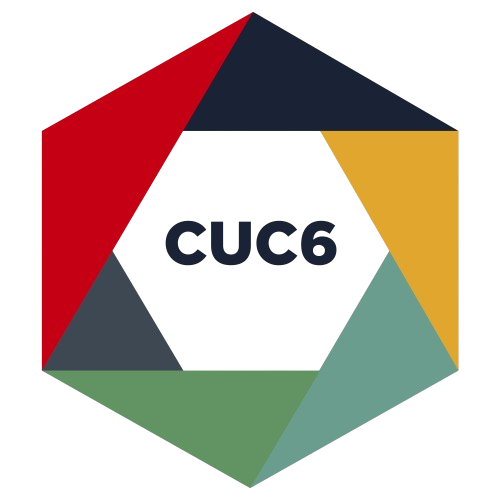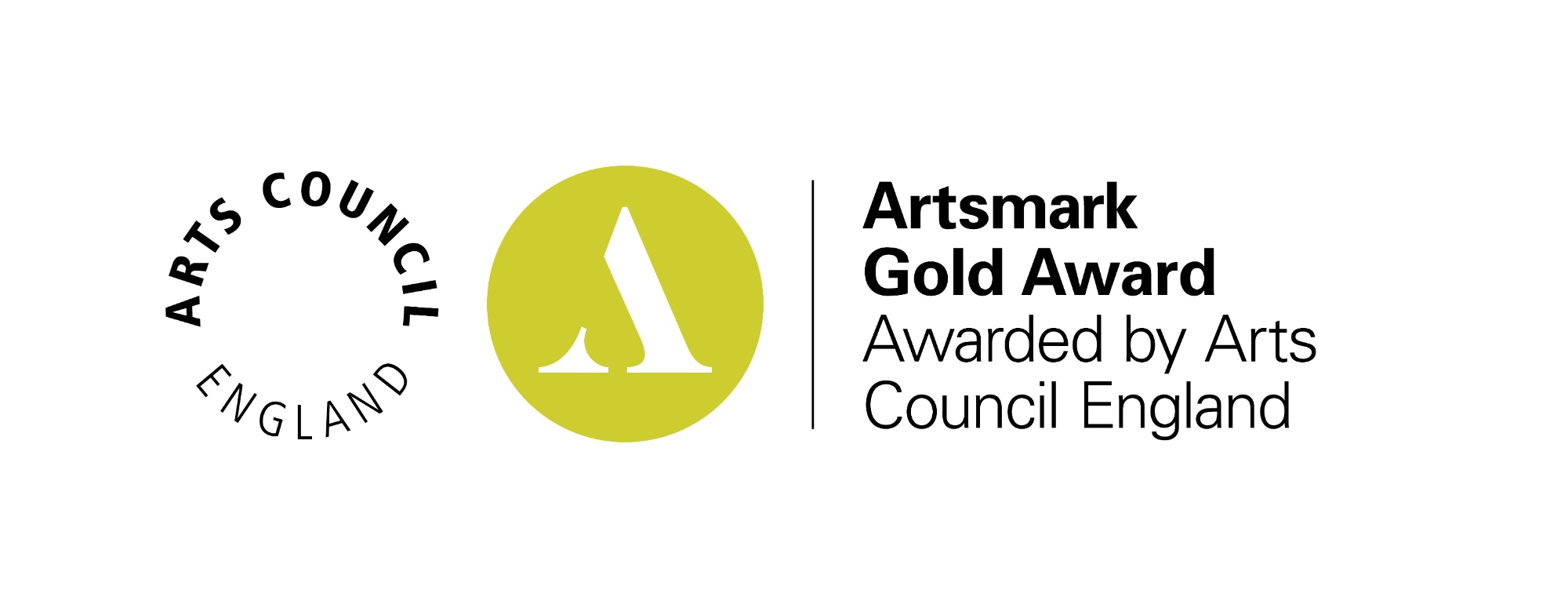Project Based Learning with our Employer Partners
Employer projects are a cornerstone of The Studio School curriculum. Our students have the unique opportunity to take the theory they learn and apply it to ‘real’ projects designed and delivered by our employer partners.

Why Do PBL?
We use project-based learning so that our students learn to solve real world tasks. We start with real problems set by our partners, giving students the opportunity to work in groups to investigate and respond to these challenges and consider new solutions. We believe that using this approach helps students build the skills necessary to be leaders in the creative and digital world of work. They learn to work collaboratively and apply methodologies used by some of the most innovative companies in the world to solve complex challenges. It encourages students to work independently from teachers; to make mistakes and use these as learning opportunities on the way to solutions. It gives our students a ‘safe’ environment to take risks and experiment, as they’ll need to at work. And, most importantly, project-based learning allows students to take ownership of challenges; to think independently and make their own decisions, which helps build resilience. Find out more by clicking the link below.
PBL and EPQs
Year 12 students are given the opportunity to start a Level Three Extended Project Qualification (EPQ) which involves them either conducting a piece of original research, developing an artefact or writing a research based written essay. The topic of this research project is chosen by the student, who then works with a Supervisor to develop their project idea. The EPQ is highly valued by Universities and some will accept it as UCAS points, some use it to lower an offer and others like students to talk about their original research during applications and interviews.
what is an epq?
An EPQ (Extended Project Qualification) is a sixth-form qualification where students select a topic, conduct research, create a report (or a 'product' and report), and deliver a presentation.
What does it involve?
Students can choose from several types of EPQ:
- Research-Based Report: Writing a dissertation (usually around 5,000 words).
- Practical Projects: Organising events like charity fundraisers, creating art or models, or putting on performances.
- Creative Projects: Producing creative writing or multimedia pieces.
Regardless of the type, students must demonstrate academic value, linking their project to current studies or future careers. The final stage involves a 10-15 minute presentation to non-specialists about their topic. Typically, students spend around 120 hours on their EPQ, supported by a supervisor, usually a teacher. Research often begins in the summer after Year 12, with completion in the first term of Year 13.
how is it graded?
EPQs are graded from A* to E and are worth half an A level, providing up to 28 UCAS points. An A* is worth 28 points, an A 24, B 20, C 16, D 12, and an E 8. The qualification is offered by AQA, Edexcel, OCR, and WJEC, with grading typically broken down as follows:
- 20% - Project Planning and Time Management: Use of time and resources.
- 20% - Research Skills: Collection and use of information.
- 40% - Development and Outcome: Planning and creation of the project.
- 20% - Evaluation and Presentation: Reflection on the process and communication of the project.
Benefits of an epq
- University and Employment Appeal: Highly regarded by universities and employers.
- Skill Development: Enhances critical thinking, problem-solving, presentation, and creativity skills.
- Preparation for Further Study: Prepares students for independent research and project management.
- Passion-Driven Learning: Allows in-depth exploration of topics of personal interest.
- Interview Advantage: Provides unique discussion points in university or job interviews, especially if related to the chosen field.

